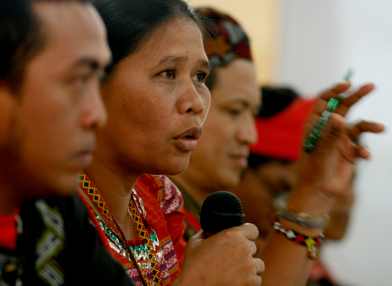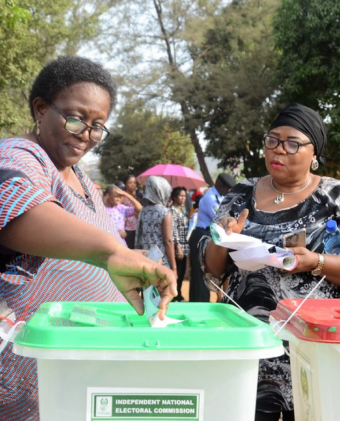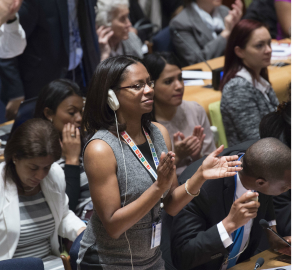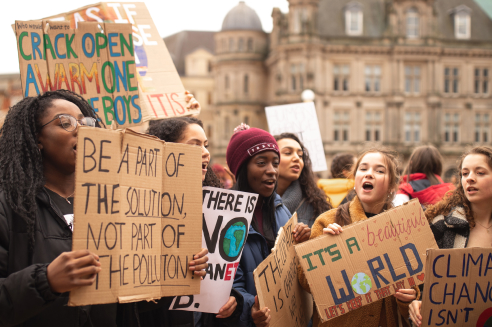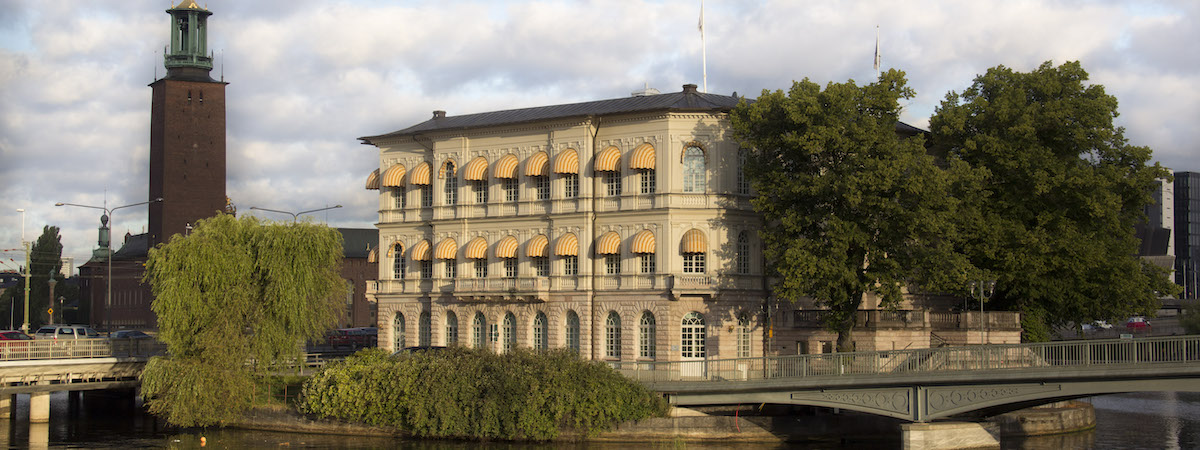
International IDEA
Institutional
Strategy
Our Vision
A world in which everyone lives in inclusive and resilient democracies.
Our Mission
International IDEA advances, promotes and protects sustainable democracy worldwide in consideration of human rights commitments through policy-relevant knowledge, capacity development, advocacy, and the convening of dialogues.
Why we engage
International IDEA’s strategic direction and its work respond to key challenges to and opportunities for democracy in the current democracy landscape. The democracy landscape combines ‘traditional’ with ‘emerging’ challenges, including increased disaffection of citizens at democracies’ failure to ‘deliver’, increased polarization.
Despite these serious developments, democratic processes and the global legitimacy of democracy have come a long way over the past 50 years. There is evidence of broad public support for democracy around the world, including in undemocratic systems. Pro-democracy movements continue to challenge the authoritarian tide from Belarus to Myanmar.
What we do
Democracy Assessment
Read More >Electoral Processes
Read More >Constitution-Building Processes
Read More >Climate Change and Democracy
Read More >Digitalisation and Democracy
Read More >Political Participation and Representation
Read More >How we work
International IDEA’s working modalities include a virtuous cycle of knowledge production, capacity development, advocacy as well as convening of dialogues. International IDEA’s comparative knowledge and research inform its capacity development, and both enable advocacy and the convening of dialogues. In turn, capacity development provides valuable lessons from the field for knowledge production and advocacy, enabling continuous learning within the Institute.
With whom
To achieve its strategic objective, International IDEA identifies three groups of stakeholders, depending on their modalities of engagement to advance democracy.
Stakeholders in this group include International IDEA Member States, the Steering Committee, the Finance and Audit Committee, the Institute’s Board of Advisers, donors, and the Secretariat.

This group include civil society organizations, media, political parties (including opposition), parliaments (supranational, national,and sub-national), electoral management bodies, constitution making bodies, oversight agencies, governments (including in exile), regional organizations, and the judiciary.

International IDEA’s partners include professional networks, peer organizations, civil society organizations, multilateral organizations (e.g. EU, AU and UN).

Want to know more?
To achieve its strategic objective, International IDEA identifies three groups of stakeholders, depending on their interest in the organization and their willingness to engage to advance democracy.
